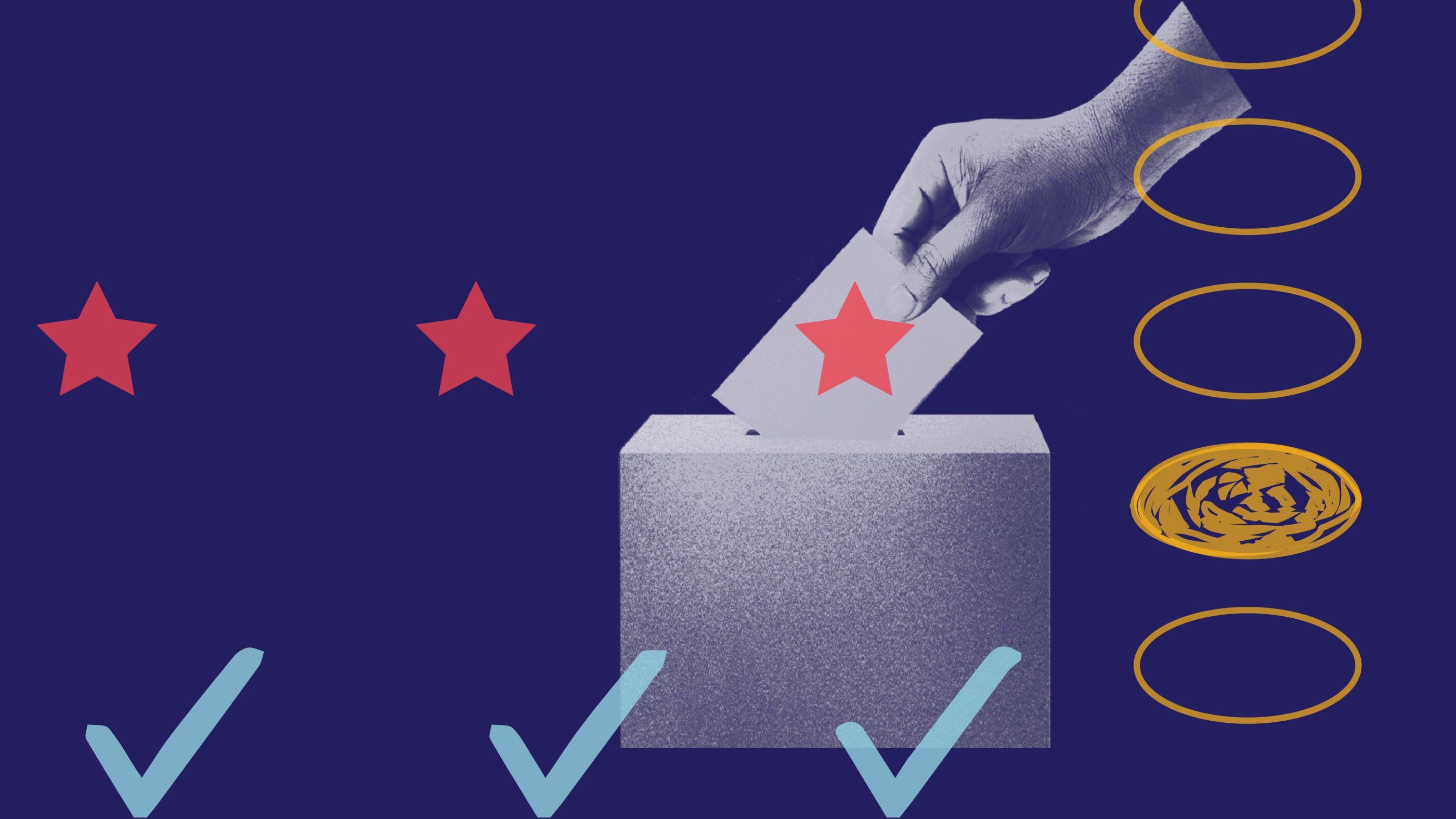There are many important races down ballot in the Midterm elections which impact your rights and civil liberties.
County Board Member
The County Board oversees government in the state’s 102 counties. County Board Members can:
- Pass countywide ordinances that protect basic civil liberties, including expanding access to abortion services, assuring and protecting free speech and protecting medical privacy.
- Sets budgets for county operations that can advance civil liberties values, including funding around abortion access, and the criminal legal system.
- Set county budgets to allocate resources to elections – including updating voting machines and paying poll workers.
County Clerk
The County Clerk provides many direct service functions for the county. The County Clerk can:
- Oversees elections, since in Illinois elections are run by the counties, this includes running polling locations and overseeing vote counting.
- Providing or denying marriage licenses and birth certificates for the county, and administering the process to change your identity documents.
County Sheriff
The County Sheriff is the chief law enforcement officer of the county. The County Sheriff can:
- Set priorities for law enforcement for the county including deploying officers and decisions about arrests.
- Oversees the conditions at the county jail.
Judges
Voters can elect and then decide to retain judges at the State Supreme Court, Appellate (regional), and Circuit Court (county) level Judges can:
- Interpret and consider the Constitutionality of laws passed by the state legislature – including abortion laws, voting laws, anti-discrimination laws.
- Hear and decide on cases regarding people’s rights and civil liberties.
- Preside over the criminal legal system.
State Senator and State Representative
State legislators help pass laws that protect civil rights and liberties at the state level. These state officials can:
- Pass legislation that can expand or limit the rights and civil liberties of the people in Illinois. They have the ability to create protections in Illinois above the National laws. This includes abortion rights, anti-discrimination laws, police regulation, criminal legal system reform, and many more.
- Provide oversight of Executive Branch actions at the state level that impact civil liberties.
- Hold hearings to assist the public and legislators understand the critical need to protect civil liberties.
U.S Senator and U.S. Representative
Federal Senators and Representatives help pass federal laws that can protect or infringe on civil liberties. These federal officials can:
- Pass legislation that can expand or limit the civil rights and civil liberties of all people in the country – this includes setting national immigration policies, and nationwide laws for voting, LGBTQ rights, disability rights, abortion rights and many others.
- Provide oversight of Executive Branch actions that impact civil liberties.
- In the Senate, support judicial nominees that advance and protect civil rights and civil liberties for all levels of the federal bench, including the Supreme Court.
Governor
The Governor is the chief executive of the state. The Governor can:
- Sign or veto legislation that sets policies for the state on a host of important civil liberties issues – including abortion, voting, the criminal legal system and many others.
- Appointing department heads who set policies for agencies like the Department of Corrections, and Department of Public Health, setting the direction of policy in those agencies.
- Issue executive orders and regulations for the state.
Attorney General
The Attorney General is the chief legal officer of the state. The Attorney General can:
- Make decisions about whether and how to defend challenges to laws enacted in the state, including challenges to laws about abortion access, LGBTQ rights, and voting laws.
- Issue advisory opinions regarding laws and policies of the state.
- Represent the people of the state in federal matters, including filing amicus curiae briefs in cases being heard by the Supreme Court of the United States.
Secretary of State
The Secretary of State is responsible for issuing driver’s licenses and other identification. The Secretary of State can:
- Set and implement policies for issuing driver’s licenses and other identifications, including for immigrants, and for those changing the gender marker on state identification.
- Implementing tools like automatic voter registration.


